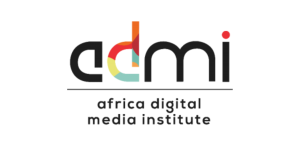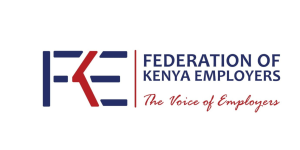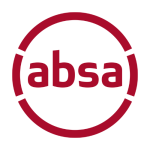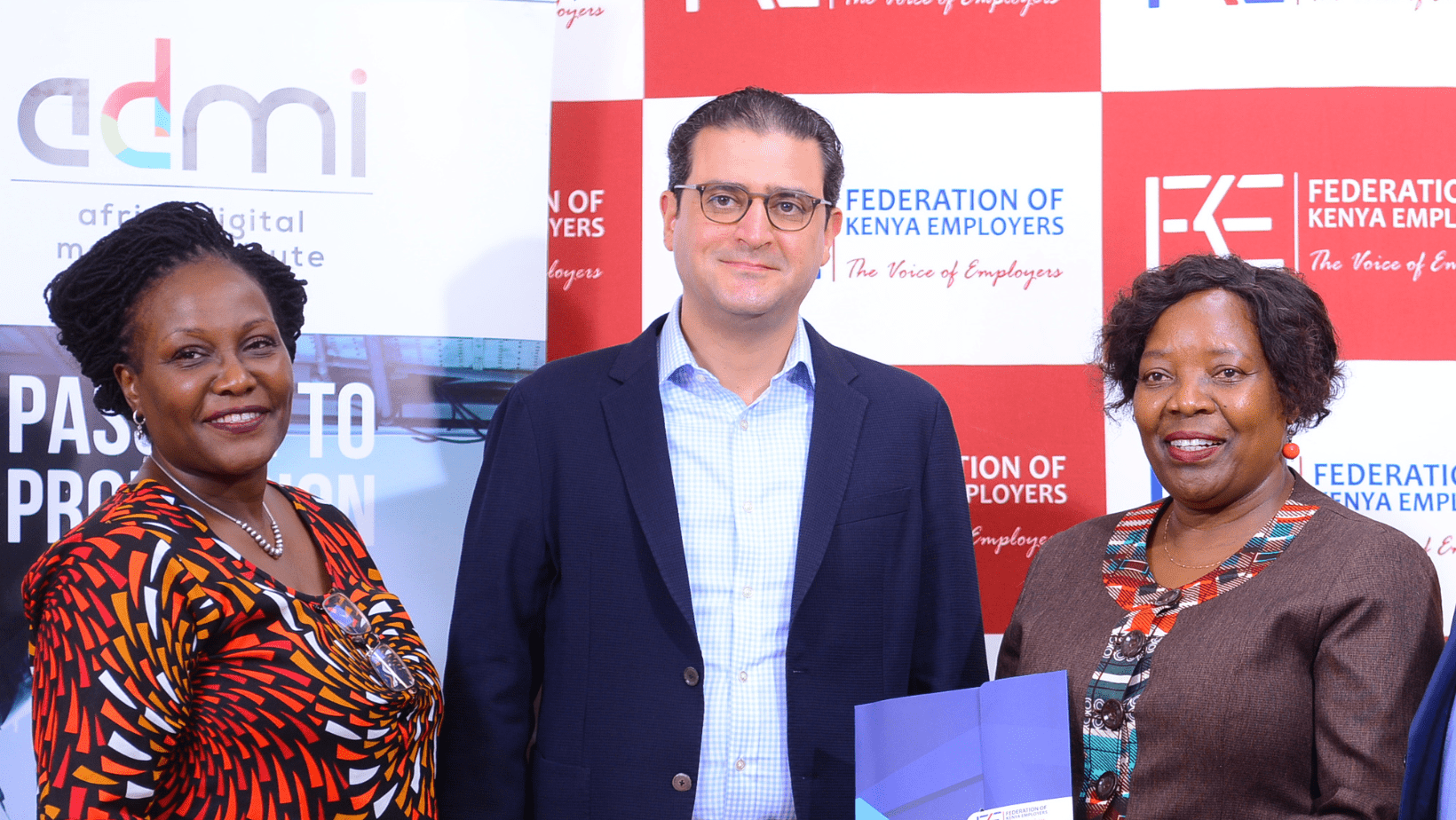A collaborative effort between the Africa Digital Media Institute (ADMI), Federation of Kenya Employers (FKE) and Nexford University.



The Report At A Glance
This comprehensive survey aimed to decipher the evolving demands for skills in today’s dynamic and future job markets. The results are nothing short of illuminating.
Objective: The survey sought to understand the changing landscape of skills demand in the contemporary and future workforce.
Participants: We engaged with 521 diverse enterprises, spanning multiple sectors, all of whom are members of the Federation of Kenya Employers.
Methodology: Our approach involved the administration of questionnaires, both online and in person, incorporating a blend of close-ended and open-ended questions.

Unlocking the skills puzzle
Our survey delved into four crucial areas.
To truly grasp the shifting tides of the modern workforce, it’s essential to delve into the core of our Future of Work Skills Report. Our report encompassed four pivotal areas, each offering a unique perspective on the ever-evolving demands of the job market.
Skills Demand
We've identified the major skills demanded by enterprises in various career fields. The leading categories include Information Technology, Finance & Business Management, Engineering, Transportation, Distribution & Logistics, and Legal.
Education and Training
We've also mapped the educational requirements for these fields, shedding light on the need for undergraduate degrees, technical and vocational education, and secondary education.
TVET Skills in Demand
We've recognized the most sought-after Technical and Vocational Education and Training skills, spanning across transport, electrical, and building and construction sectors.
Soft Skills
Our survey highlights the significance of soft skills, encompassing effective communication, critical thinking, teamwork, and time management, as fundamental for success in the workforce.

Staffing Challenges
Lack of qualified candidates (29%) and high salary expectations (26%) are key hurdles in staff recruitment and retention.
Impact of Skills Deficit
Skills deficits can inhibit business expansion (25%), result in revenue loss (24%), and lead to the loss of customers or market share (21%).
Green Shift & Competence
Enterprises are transitioning towards a green shift, with 39.3% demonstrating plans to create more environmentally friendly products/services.
Insights: the Workforce Landscape

Bridging the Skills Gap with ADMI
At ADMI, we recognize that for companies, staying ahead in the ever-evolving workforce landscape is not just a choice – it’s a necessity. Our suite of tailored services will be your strategic advantage in navigating the future of work successfully.
Teams We've Worked With








Meet Our Partners

Nexford University
Nexford is an accredited American University offering next-generation learning experiences, 100% online. Nexford University’s mission is to enable greater social and economic mobility across the world by providing learners access to high-quality, affordable, dynamic online education that prepares them for the global workplace.
Federation of Kenya Employers
FKE is the voice of Employers and the leading employers’ membership body in Kenya. FKE is both an advocacy and service organization that works to influence the policy and regulatory environment towards a conducive climate for business growth and sustainability while providing quality business development and representation services to members.
Charting Your Future
Embrace the insights, take action, and drive your organization towards success in the future of work.